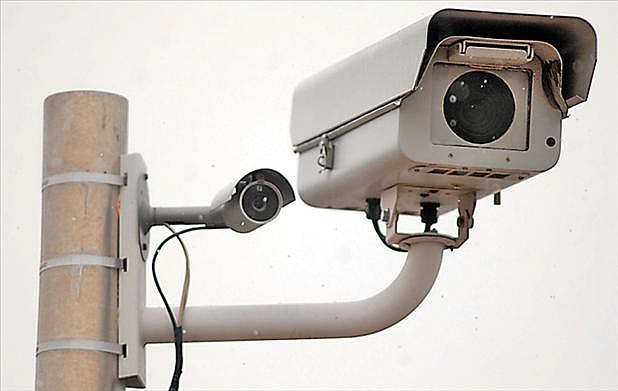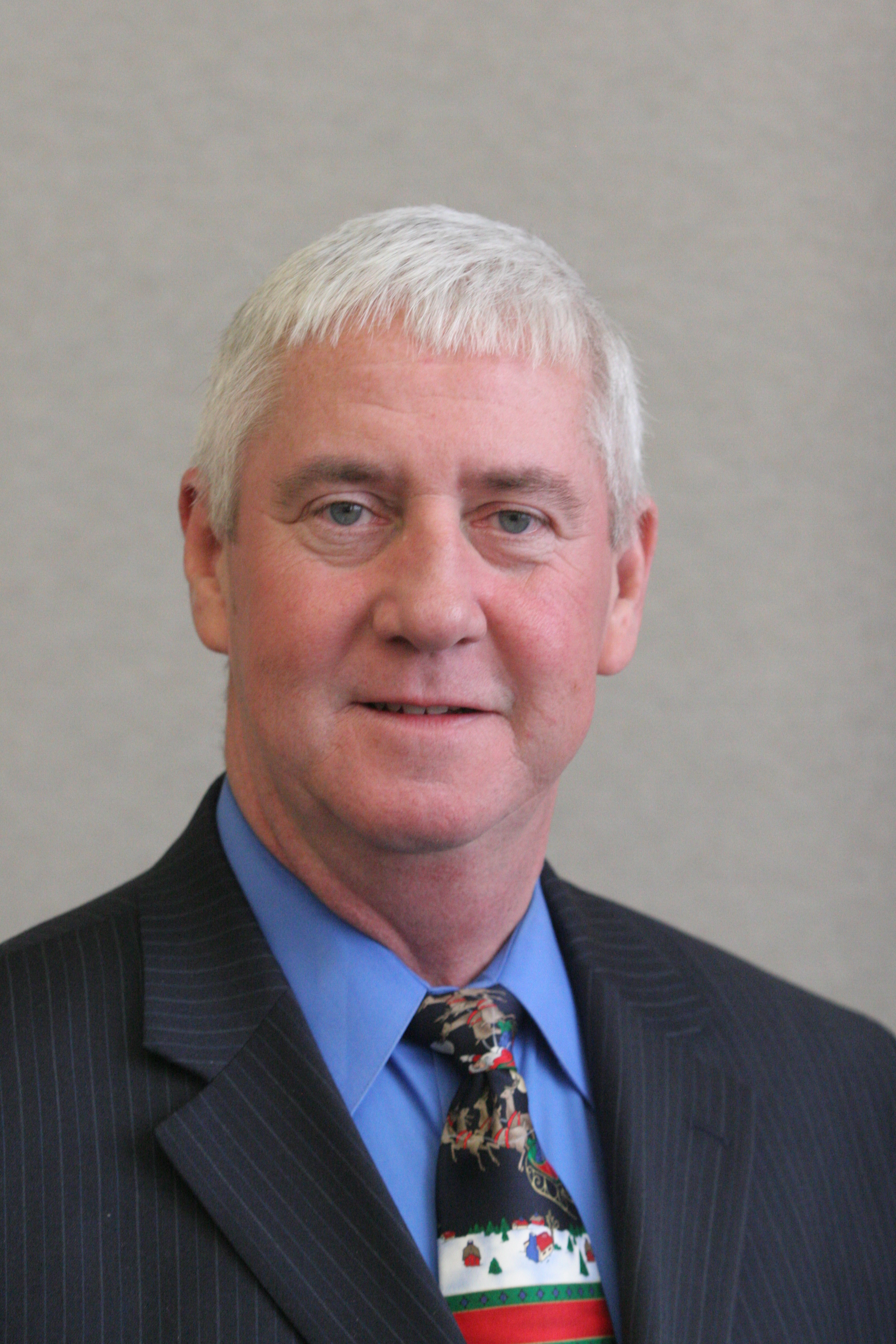NASHVILLE -- Tennessee Attorney General Bob Cooper says a new law restricting use of traffic-enforcement cameras appears at first blush to outlaw immediately the use of the devices to cite motorists failing to come to a complete stop when turning right at red lights.
The new law and Cooper's legal opinion already have shut down at least one Tennessee city's use of traffic cameras in combating abuse of right-on-red situations.
"We want to do whatever the attorney general says -- whatever way was fine with us," said Red Bank City Manager Chris Dorsey, who had asked Rep. Richard Floyd, R-Chattanooga, to seek the legal opinion.
Dorsey said Monday he plans to discuss the matter later today when the Red Bank City Commission meets. The city temporarily suspended issuing citations to drivers failing to stop on right turns at red lights beginning July 1 when the new law took effect. He said that was because of uncertainty about its impact.
Red Bank's new budget already takes into account the resulting loss of revenue -- an estimated $185,000. That comes out to roughly half of what had originally been projected to be $375,000 in traffic camera revenues, Dorsey said.
In his Aug. 8 legal opinion, Cooper cautioned that because his office has not been provided with a copy of any current contracts cities have with traffic-camera companies, "we cannot provide a definitive answer to the question presented given that claims that legislative enactment unconstitutionally impairs the obligation of contracts are necessarily fact-intensive."
"Nevertheless," Cooper wrote, "based on the information set forth in the opinion request, this Office finds compelling arguments exist to support the position that the passage of Chapter 425 does not unlawfully impair any contractual relationship. Such arguments include that the [law] is remedial in nature, represents a legitimate exercise of the State's police power and is reasonable in relation to its purpose."
Senate Transportation Committee Chairman Jim Tracy, R-Shelbville, had sought the opinion along with Floyd. They asked Cooper whether the law was "defensible against a challenge that it unconstitutionally impairs the obligations of contracts."
Floyd, a critic of red light cameras, said Cooper's opinion is clear to him.
"They can't write tickets on right on red. It's the law. I think it's a good thing."
McLean Duncan, executive director of the Tennessee Association of Chiefs of Police, said while the organization continues to study Cooper's opinion, she has questions about its ability to curtail existing contracts under the Tennessee Constitution.
"You can't pass a law that supercedes contracts that are already in place," she said. "That was the whole thing, the premise that everything [agreement on bill] was done. Otherwise, there would have been a grandfather clause put in the legislation."
A grandfather clause would have excluded cities with existing contracts from the law's provisions.
About 25 to 30 cities could be affected, Duncan said.
Red Bank, which contracts with photo-enforcement vendor American Traffic Solutions, has cameras at three intersections. Two are set up to catch motorists who ignore state laws requiring them to come to a complete stop before turning right on red.
Dorsey said city officials will discuss the issue with American Traffic Solutions, which has a revenue-sharing agreement with the city under the contract. It could impact the future of the contract, he said.
Rep. Vince Dean, R-East Ridge, sponsored the bill, which was aimed at standardizing municipalities' use of photo enforcement cameras.
He agreed with Floyd's assessment, noting, "that's basically what I'm reading from it."
Dean recalled an attorney for one of the traffic-camera vendors telling lawmakers they could not impair existing contracts with the legislation. The law itself bans using traffic cameras to issue tickets on "right-on-red" unless a city posts a sign banning all right turns on red.
Dean's bill was intended to end a years-long stalemate between lawmakers who wanted an outright ban on any use of cameras and cities and chiefs of police. Critics argued cameras amounted to a revenue grab. Cities and police argued the issue was safety.
Dean, a former East Ridge mayor and retired Chattanooga police lieutenant, said the law was intended to "maintain the integrity" of such programs provided cities could demonstrate they were in place for safety purposes.
For example, it requires an independent engineering study -- not a traffic-camera company's engineer -- to demonstrate the need for speed or red-light cameras. Much of it was modeled on Chattanooga's standards.
During committee hearings, Dean sometimes found himself attacked by both sides.
"To be honest with you," he said, "I'm tired of talking traffic cameras. I'm wore out on it."
Contact Andy Sher at asher@timesfreepress.com or 615-255-0550.


